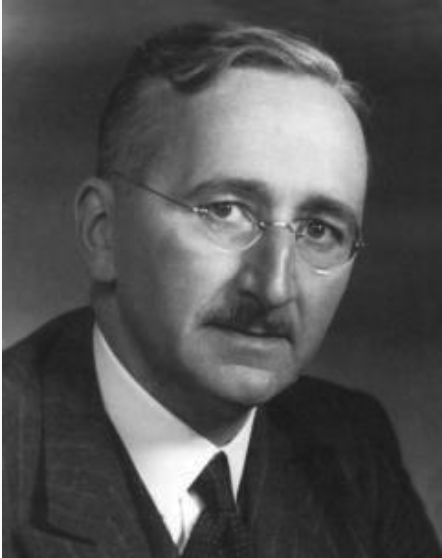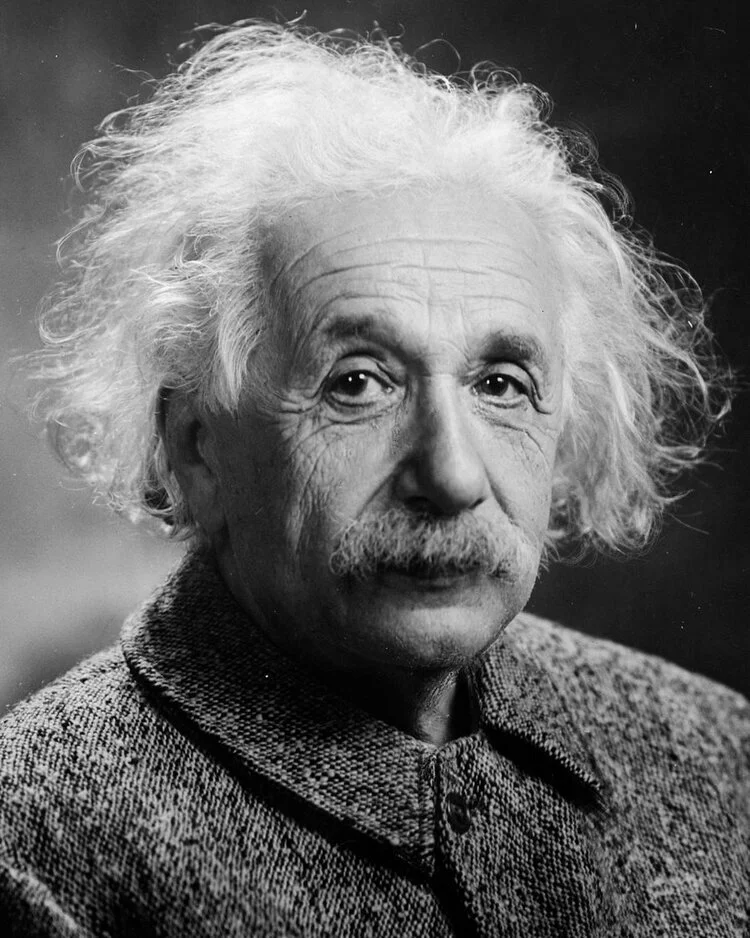Philosophy
Philosophy is concerned with those questions which the natural and social sciences appear, at least currently, to be unable to answer (e.g. questions dealing with morality, questions about the differences between the natural and social sciences). It also asks why the natural and social sciences appear unable to answer these questions.
For example, economics is concerned with what goods and services a society produces, how it produces them, and how they are allocated amongst the members of that society once they are produced.
Philosophy of economics is concerned with the methodologies employed by economists attempting to answer these questions as well as moral questions about what the answers to these questions should be.
Questions of interest to philosophers of economics related to economic methodology include: Is economics a science? Can the study of economics be reduced to the study of physical phenomena (e.g. activities in the human brain)? Should economists adopt the research techniques and methodologies of the natural sciences, or is there something fundamentally different about the study of human behavior and institutions that precludes the use of these approaches? Should the success or failure of economics as a discipline be measured by its ability to predict (and perhaps even control) the future or are there obstacles that make that too high a bar to clear?
Topics of interest to philosophers of economics related to economic morality include the fairness of the tax system, what degree of economic inequality is morally acceptable, and when is the use of markets for determining outcomes morally acceptable?
Similarly, whereas political science is the study of government, politics, and political behavior, political philosophy is more concerned with the ethical and normative aspects of government and politics.
Political scientists attempt to answer questions like what drives voters to vote as they do and why do nation-states interact as they do. Political philosophers, on the other hand, are concerned with more normative questions like what role should the state play in society and when is a state legitimate or illegitimate.
Philosophy of Economics (Methodology)
Edwin Cannan.
Philosophy of Economics (Methodology) Timeline
This timeline summarizes the views of some of the most influential thinkers on economic methodology.
Views on Economic Methodology
This table summarizes the views of some of the most influential thinkers on economic methodology.
Definitions of Economics
This article summarizes the views of various economists and philosophers of economics on the appropriate definition of economics.
Economic Imperialism
This article summarizes the views of various economists on using the methodology of (orthodox) economics in neighboring disciplines such as law and political science. The literature refers to this recent expansion of the problems economists attempt to address as “economic imperialism.”
Edward Lazear on Economic Methodology
This article discusses economist Edward Lazear’s views on “economic imperialism”, whether economics is a science, and whether prediction should be a goal of economics.
Friedrich Hayek.
Friedrich Hayek’s The Pretence of Knowledge
In 1974, as the world economy suffered a severe bout of stagflation, Friedrich Hayek was awarded the Nobel Prize in Economics. In his Nobel acceptance speech entitled The Pretence of Knowledge, he argued that the stagflation was caused by misguided Keynesian full employment policies. In making his critique of this policy, he restated several of the economic ideas with which he is most associated and provided his answers to some of the central questions in the philosophy of economics.
John Stuart Mill.
John Stuart Mill’s On the Definition of Political Economy and Method of Investigation Proper to It
In an 1829 or 1830 essay entitled On the Definition of Political Economy and Method of Investigation Proper to It, John Stuart Mill articulated his views on what political economy is and how research in this burgeoning discipline should be conducted.
Lionel Robbins.
Lionel Robbins’ Scarcity Definition of Economics
In his influential 1932 An Essay on the Nature and Significance of Economic Science, Lionel Robbins articulated what is referred to as the scarcity definition of economics.
Mathematics in Economics?
This article summarizes arguments made for and against mathematics playing a role in economics.
Milton Friedman.
Milton Friedman’s Views on Economic Methodology
In a 1953 essay entitled The Methodology of Positive Economics, Milton Friedman laid out his views on some of the most hotly contested questions in the philosophy of economics: Is economics a science? What metrics should we use to evaluate the success or failure of an economic theory? And does the realism of economic theories matter?
Neuroscience in Economics?
This article summarizes arguments made for and against neuroscience playing a role in economics.
Robert Shiller’s Views on Economic Methodology
This article summarizes Robert Shiller's views on whether economics is fundamentally different from the physical sciences, the role of mathematics in economics, and whether the field has become too specialized.
William Stanley Jevons while he was a professor at UCL.
William Stanley Jevons (Timeline)
A timeline of William Stanley Jevons’ life, work, and ideas.
William Stanley Jevons in 1858.
William Stanley Jevons’ A Brief Account of a General Mathematical Theory of Political Economy (1862)
In 1862, aged only 26 or 27, William Stanley Jevons presented a paper to a meeting of the British Association that envisioned a radical transformation of the discipline of economics. An early sketch of Jevons’ eventual magnum opus The Theory of Political Economy (1871), which would help launch the marginalist revolution, the paper argued that the incorporation of mathematical techniques into economics would allow economists to explain essentially all economic activity by deductively reasoning from a basic theory of utility.
Political Philosophy
Philadelphia site where the first edition of Paine’s Common Sense was printed.
Common Sense (Thomas Paine)
In January of 1776 Thomas Paine published a revolutionary pamphlet advocating American independence from the British Empire. Among his arguments in favor of independence was an early articulation of what political philosophers today refer to as Democratic Peace Theory: the idea that democracies tend not to go to war with each other.
Albert Einstein.
Correspondence Between Albert Einstein & Sigmund Freud On War and Human Nature
In the early 1930’s, with fascism ascendant in Europe, renowned physicist Albert Einstein reflected on human nature and wanted to know if the ideal of eternal peace could ever be achieved. In search of an answer, he penned a letter to the father of psychoanalysis. Just months after the correspondence between Einstein and Freud, Hitler would become chancellor of Germany.
Libertarian Paternalism
Libertarian paternalism is a political philosophy which argues that, in certain domains, the state can use insights from behavioral economics to “nudge” its citizens to make better decisions without restricting the autonomy of its citizenry to make free and independent choices.









